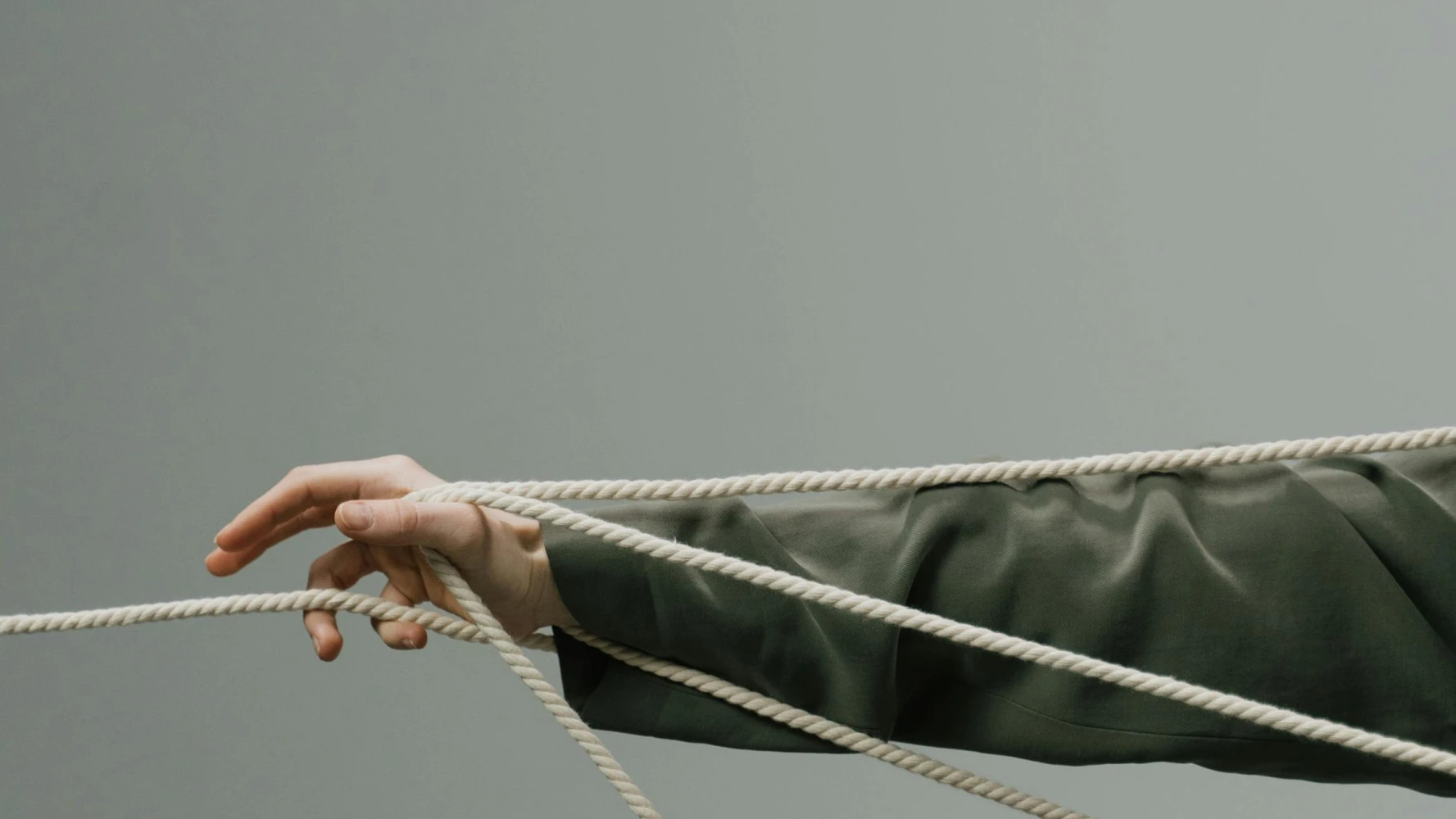
All Will, No Power: Part 2 – The Kindness of Strangers
“I have always relied upon the kindness of strangers”. The life philosophy of Blanche Dubois, the sad character in American playwright Tennessee Williams’ A Streetcar Named Desire, is one that predictably did not lead to a happy ending. Recent past and likely future events show Ukraine likewise cannot hope for a “happy ending” relying upon continued financial support from even its closest allies.
Deep Freeze
Four days after Russia’s invasion of Ukraine, several European nations, Japan and the United States issued executive orders freezing an estimated $300 billion in Russian Central Bank (RCB) assets. Commentators have discussed seizing frozen RCB assets as reparations for Ukraine. However, nations holding frozen RCB assets are reluctant to irreversibly confiscate them. A common concern is that nations like China might be deterred from keeping assets in countries that seized these assets.
The United States and the European Union (EU) have poured billions of dollars and euros in cash and weaponry supporting Ukraine’s defence against Russian aggression. However, financial support for Ukraine’s defence has met increasing resistance. In December 2023, Hungary’s Viktor Orban blocked a proposed EU contribution of 54 billion euros to Ukraine for two months. Orban’s obstructionism will likely be joined in any future EU aid proposals by Slovakian Prime Minister Robert Fico. Similarly, recent concerns about the German economy and the rise of the pro-Putin AfD does not bode well for future EU aid to Ukraine.
The American Republican party, in thrall to Donald Trump who described Putin’s invasion of Ukraine as “genius” and “savvy”, likewise blocked a $61 billion aid package to Ukraine for five months. If Trump is re-elected as President, all United States aid to Ukraine will likely cease. Ukraine has reached the point where it must act in its own behalf.
Immune Response
A perceived impediment to seizing RCB assets through litigation is that Russia’s frozen RCB assets are supposedly immune from judicial action due to sovereign immunity. However, not all courts are precluded from adjudicating claims involving central bank assets. Likewise, not all central bank assets are immune from execution to enforce a judgment.
The United Nations Convention on Jurisdictional Immunities of States and Their Property (2004) (the Convention), provides a uniform international consensus on sovereign immunity. Article 1 of the Convention entitled, “Scope of the present Convention”, states simply:
The present Convention applies to the immunity of a State and its property from the jurisdiction of the courts of another State. (emphasis added).
Article 5 of the Convention defines “State Immunity” as follows. A State enjoys immunity, with respect to itself and its property, from the jurisdiction of the courts of another State subject to the provisions of the present Convention. (emphasis added).
ICJ to the Rescue
Russia’s sovereign immunity does not bar Ukraine from bringing a claim for damages before the International Court of Justice (ICJ). Sovereign immunity can protect a state and its assets from an exercise of jurisdiction or a judgment rendered by the domestic court of another State. The ICJ only has jurisdiction to decide claims between States. Article 34, paragraph 1 of the statute which created the ICJ mandates, “Only States may be parties in cases before the Court.” Sovereign immunity does not apply to State versus State litigation before the ICJ.
Enforcement Orders
The ICJ lacks any mechanism to enforce its own judgments. To enforce an ICJ damages judgment, Ukraine will likely have to seek execution in the domestic courts of those states whose banks or institutions hold frozen RCB assets. Courts have come to employ the “exchange and monetary policy function” test as the better analysis to determine what central bank assets warrant immunity from seizure and those which do not.
The Convention states at Article 21(1)© that, “property of the central bank or other monetary authority of the State”, shall not be “considered” as other than government non-commercial property immune from seizure.
The reference to commercial v. non-commercial relates to the historical test of State property, limiting those assets worthy of sovereign immunity to non-commercial State assets. However, the historical commercial v. non-commercial test is being abandoned. The question now is whether the assets are used as an instrument of the central bank’s exchange and monetary policy function. If sovereign wealth funds held by a central bank are used exclusively for wealth management on commercial terms, they are not entitled to immunity from seizure. While there is no definitive test for immunized central bank functions, they include maintaining foreign exchange reserves, monetary supply and issuing currency.
United States courts have taken a similar approach in using an “exchange and monetary policy function” test, as opposed to a commercial v. non-commercial test, to determine the immunity, or lack thereof, of central bank assets from execution.
In the very near future, Ukraine’s allies may be precluded from providing further substantial financial aid. Ukraine can mitigate this risk by taking its future in its own hands and take Russia to court.
Slava Ukraini! Heroiam Slava!
* This week’s blog is courtesy of Mark Ross a retired litigator from the United States. For more detail on Mark’s post, please see the original research paper HERE.
